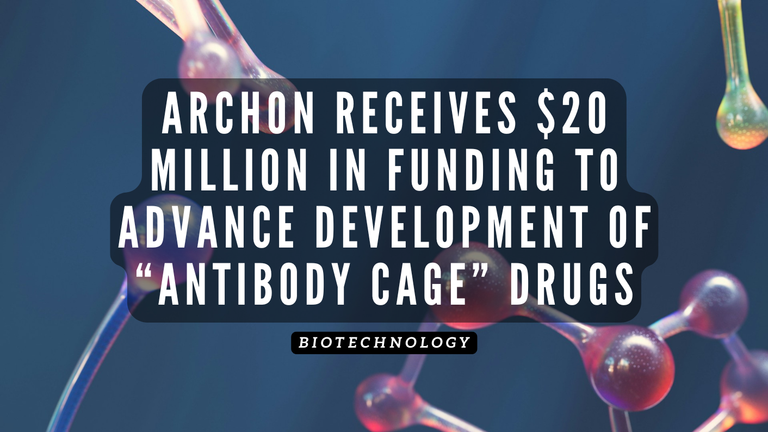
Google DeepMind | Unsplash
With advancements in technology, it is much more likely that laboratories have a variety of tools to create more effective drugs. Probably as we are reading these lines, work is being done on new ways to produce antibodies that bind to their target and determine if that treatment will be effective.
One of the complexities of molecular biology is that these treatments depend on chance. For instance, a protein or antibody must bind to a cell or some surface, but this is a process based on probabilities.
Archon Biosciences is a startup that emerges to implement new techniques using AI. Their focus is on designing and creating new biomolecules, with the significant feature that these treatments will utilize protein "cages," which will substantially enhance their effects.
This emerging company originates from the Baker Lab, a laboratory at the University of Washington where research overseen by Nobel Prize-winning biologist David Baker takes place. Their team is tasked with utilizing the virtues of AI for generative protein design. Perhaps this is one of the reasons why such rapid growth is being witnessed in the industry.
The antibody cages propelled by Archon are aimed at achieving an improvement in efficacy. The way it does this is through a scaffolding via the formation of a dodecahedron, so that the chances of binding to a protein would increase, rather than following the traditional process where the chances are lower in a freely floating body and rely more on chance.
James Lazarovitz, through a press release, mentioned the importance of creating a protein design platform as well as conducting internal tests to enhance the speed and development of these products. He also added that many diseases are understood, but in practice, drug treatments may not work as expected, or at least that was how it happened in previous instances. With these new tools, it is expected that these problems will be contained and effective solutions will be found.
Something important to highlight is that the Archon platform makes use of the most advanced tools for simulation and generative protein creation. These are authorized by Baker Lab. These cage-based antibodies are often referred to as AbCs, and they can be produced in the same way as traditional proteins and antibodies. With this in mind, large-scale manufacturing should not be a concern.
The development of new drugs seems to be something that could revolutionize the biotechnology industry. To this end, a funding round of $20 million was carried out. It was led by the following firms: Madrona Ventures along with the participation of DUMAC Inc, Sahsen Ventures, WRF Capital, Pack Ventures, Alexandria Ventures Investments, and Cornucopian Capital. It should also be noted that this funding adds to $7 million offered by government agencies and some institutes.

- Main image edited in Canva.
- I have consulted information at techcrunch.com.
- Translated from Spanish to English with Hive Translator.
Posted Using InLeo Alpha





